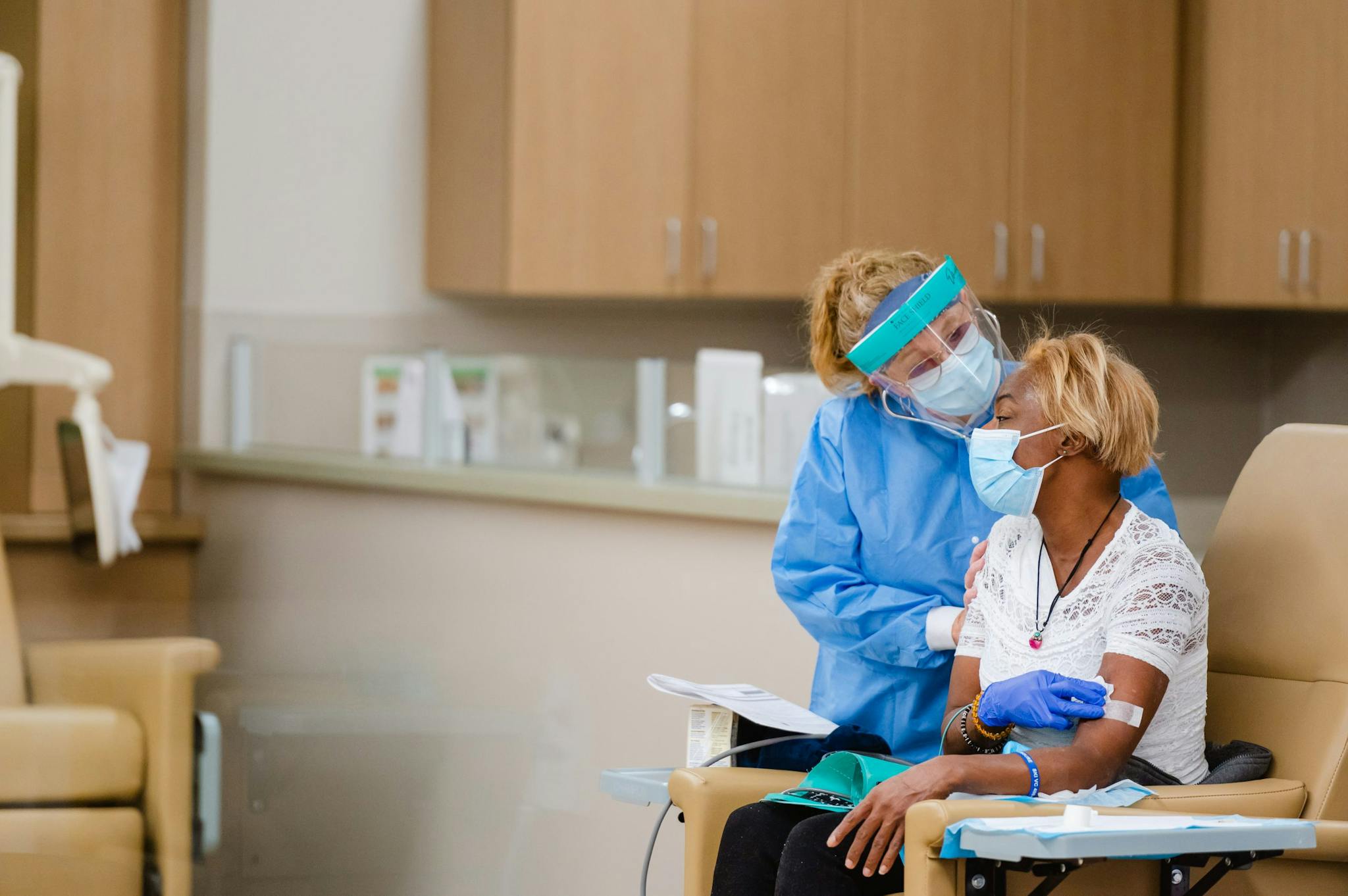
2023-02-15T16:39:02
Understanding Care Coordination & Its Value
- Nephrology
- Value-Based Care
May 4, 2016 | Nephrology • Urology
Specialties:Nephrology (Kidney Care) • Urology

The lifetime risk of developing kidney stones is 8.8 percent in the United States. This condition has many different causes, and often there is not one specific factor that urologists can point to when diagnosing and treating your stones. Let’s review some of the most common factors that increase your risk of developing kidney stones.
Family History
“Recent studies estimate that up to 65 percent of kidney stone formers have a family history of kidney stones,” according to a 2015 research paper. Kidney stones often occur in family members over several generations. A family history of gout may also put a person at risk for stones.
Personal History
If you’ve already had one or more kidney stones, your recurrence rate is 14 percent after 1 year and 35 percent after 5 years.
Gender and Age
Kidney stones are more common in men, and the risk increases in men’s 40s and continues to rise until age 70. A woman’s risk peaks in her 50s. Pregnant women develop stones in the last two trimesters in 1 out of 1,500 pregnancies due to the increased calcium intake that is not processed as well by the kidneys during pregnancy. Infants with low birth weight who are fed intravenously are also at risk for stones.
Obesity and Weight Gain
Researchers believe there may be a link between fat tissue, insulin resistance and urine composition, explaining why high body mass index (BMI), large waist size and weight gain are associated with an increased risk of kidney stones.
Ethnicity
Caucasian men have the highest risk, followed by Mexican Americans. African Americans have the lowest risk.
Dehydration
Insufficient fluid intake increases your risk of kidney stones, especially if you live in a hot, humid climate or sweat a lot.
Diet
Eating a diet that’s high in animal protein, salt and sugar may increase your risk of some types of kidney stones.
Digestive Diseases and Surgery
Gastric bypass surgery, inflammatory bowel diseases like Crohn’s and ulcerative colitis, or chronic diarrhea cause changes in the absorption of substances in the intestines that significantly increase the risk for kidney stones, especially in men.
High Blood Pressure
People with high blood pressure are up to three times more likely to develop kidney stones, according to The New York Times.
Urinary Tract Infections
Urinary tract infections (UTI) are almost always the cause of struvite stones, explains Mayo Clinic. These fast-growing stones can become very large with no warning or symptoms.
Other Medical Conditions
Gout, kidney disease, hyperparathyroidism, certain cancers (such as leukemia and lymphoma) and swelling around the organs put people at higher risk for kidney stones.
Medications
Long-term use of antacids may increase the risk for kidney stones, along with certain AIDS medications, thyroid hormones, diuretics and cancer chemotherapies.
Being Bedridden
An immobile individual has increased blood levels of calcium from bone breakdown, which poses a risk for stone formation.
Stress
One study found a link between stressful life experiences and stone development. Researchers speculate that this might be caused by the hormone vasopressin, which is released in response to stress and causes more concentrated urine.
Geography
Studies have reported the highest occurrence of kidney stones in the southern region of the United States and the lowest occurrence in the west.
Risks associated with kidney stones
Small kidney stones that don’t block your kidney or cause severe pain can usually be treated by your family physician, but a larger stone requires a referral to a urologist. If left unchecked, stones can cause bigger problems including:
Repeated urinary tract infections—Stones put you at risk for reoccurring UTIs and can make an existing infection worse.
Kidney damage—If stones block the flow of urine out of both kidneys for 2 weeks or longer, serious damage can occur.
Pregnancy complications—Stones during pregnancy require your urologist to consult with your obstetrician to determine the safest way to diagnose and treat the condition while protecting the growing baby from the risks of X-rays and surgical interventions.
Are you concerned that you might have risk factors for developing a kidney stone? Revere Health Urology providers specialize in the diagnosis and treatment of a wide range of pediatric and adult urinary problems in eight easy-to-access Utah locations. We offer compassionate, personalized care tailored to your unique needs.
WRITTEN BY:
The Live Better Team

This information is not intended to replace the advice of a medical professional. You should always consult your doctor before making decisions about your health.